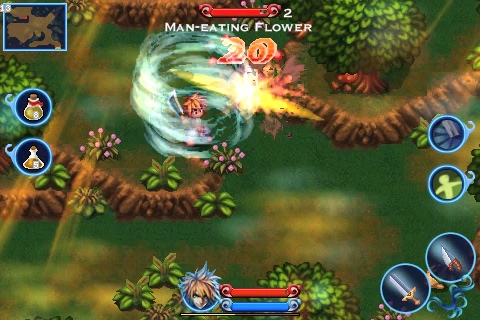Heroes Lore 6 Stigmata Of The Gaia Hypothesis

APES Chapters 6 & 7 study guide by cbye11 includes 108 questions covering vocabulary, terms and more. Quizlet flashcards, activities and. New Age Gaian and Gaia Hypothesis, Facts, Quotes and History Gaia or gaea, deriving from the Ancient Greek Γαῖα, denotes 'land' or 'earth.' It may also refer to.
Gaea, by (1875) Abode Personal information Consort,, and Offspring,, the,,,,,,,,,,,, and Parents None, or (), or and () Siblings None, or,,,, or, Roman equivalent, In, Gaia ( or; from Γαῖα, a poetical form of Γῆ Gē, 'land' or 'earth'), also spelled Gaea ( ), is the personification of the and one of the. Gaia is the ancestral mother of all life: the primal goddess. She is the immediate parent of (the sky), from whose sexual union she bore the (themselves parents of many of the ) and the, and of (the sea), from whose union she bore the. Her equivalent in the Roman pantheon was.
Main article: The mythological name was revived in 1979 by, in Gaia: A New Look at Life on Earth; his was supported. The hypothesis proposes that living organisms and inorganic material are part of a that shapes the 's, and maintains the Earth as a fit environment for life.
In some Gaia theory approaches, the Earth itself is viewed as an organism with self-regulatory functions. Further books by Lovelock and others popularized the, which was embraced to some extent by environmentalists as part of the heightened of the 1990s.
Family [ ] Olympian descendants [ ] Olympians' family tree Gaia Uranus' genitals a b a b Children [ ]. • Henry George Liddell; Robert Scott., • Smith,. • Larousse Desk Reference Encyclopedia,, Haydock, 1995, p. •, in:, A Greek-English Lexicon, in the Perseus Digital Library.
•, in: Liddell–Scott, A Greek-English Lexicon, in the Perseus Digital Library. •, in: Liddell–Scott, A Greek-English Lexicon, in the Perseus Digital Library. •, in the Online Etymology Dictionary. • ^ Robert S. Beekes, Etymological Dictionary of Greek, Brill, 2009, pp. 269–270 ( s.v.
Retrieved 21 April 2012. Translated by in • Hesiod, Theogony. • Hesiod, Theogony. • Hesiod, Theogony. • Hesiod, Theogony.
• Hesiod, Theogony. • Hesiod, Theogony.
• Hesiod, Theogony. • Hesiod, Theogony.
• Hesiod, Theogony. • Hesiod, Theogony. • Apollodorus, Library • Joseph Fontenrose 1959 •, Description of Greece i. Pike (13 August 2013). Columbia University Press. • This chart is based upon 's, unless otherwise noted.

• According to,,,, Hephaestus was apparently the son of Hera and Zeus, see Gantz, p. • According to,, Hephaestus was produced by Hera alone, with no father, see Gantz, p. • According to,, of Zeus' children by his seven wives, Athena was the first to be conceived, but the last to be born; Zeus impregnated Metis then swallowed her, later Zeus himself gave birth to Athena 'from his head', see Gantz, pp. 51–52, 83–84.
• According to,, Aphrodite was born from Uranus' severed genitals, see Gantz, pp. • According to, Aphrodite was the daughter of Zeus (,;, ) and Dione ( ), see Gantz, pp. References [ ] •, Apollodorus, The Library, with an English Translation by Sir James George Frazer, F.B.A., F.R.S. In 2 Volumes, Cambridge, MA, Harvard University Press; London, William Heinemann Ltd.
1921 •, Python: A Study of Delphic Myth and its Origins, Berkeley: University of California Press, 1959; reprint 1980 •, Theogony, in The Homeric Hymns and Homerica with an English Translation by Hugh G. Aimsun serial mom torrent. Evelyn-White, Cambridge, MA.,Harvard University Press; London, William Heinemann Ltd. •, The Gods of the Greeks 1951 • Ruck, Carl A.P. And Danny Staples, The World of Classical Myth, 1994.
- суббота 24 ноября
- 62